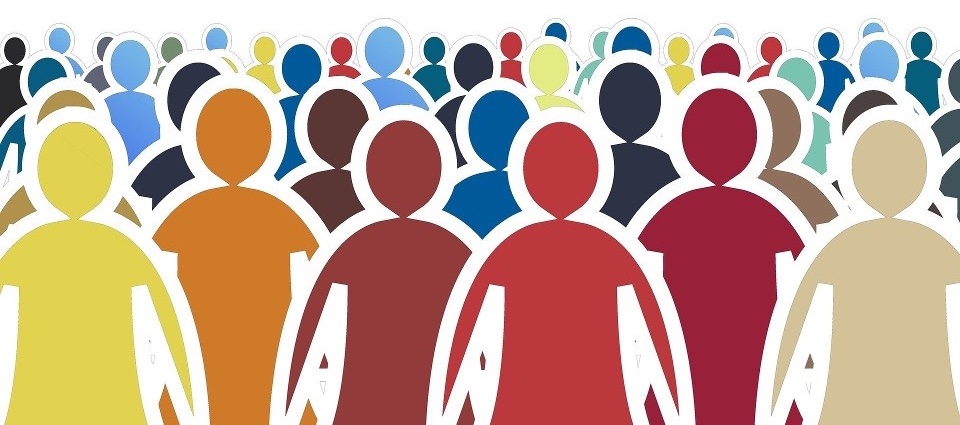 04.27.2021 – Siroos Mirzaei, Homayoun Alizadeh, Seyed Zarei, Reem Alksiri
04.27.2021 – Siroos Mirzaei, Homayoun Alizadeh, Seyed Zarei, Reem Alksiri
Abstract
Background: Violence and political repres-sion in general may have a complex psychosocial impact on societies. Studying these effects in countries with a high grade of repression based on reliable data from inside the country is difficult, mainly due to risks facingresearchers. Methods and results:The authors developeda strategy to integrate available data from inside Iran, exiled survivors, and reliable international sourcesto investigate the psychosocial situation in the coun-try, where torture and execution are used frequent-ly. Data on human rights violations, including violence against women, persecution of political activists, andtorture and execution of teenagersindicate pervasive strategy of repression in Iran in the last four decades. This thereby has caused sub-stantial long term public mental health impact and continue to cause other social and economic prob-lems and to create a burden on the Iranian popula-tion. Conclusion:Although, general psychosocial health of a society is determined by multiplefac-tors, we conclude from the very limited data avail-able from inside Iranthat political repression is not the onlysuch factor, but can be assumed to be at least contributing significantly tothe increasing physical and mental health problems in the country, creating a difficult position forhealth profession-alsespecially in detention facilities.Key words: Iran, mental health, torture, repression, trauma.
